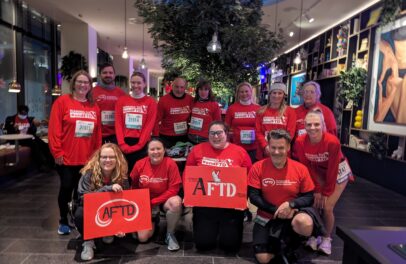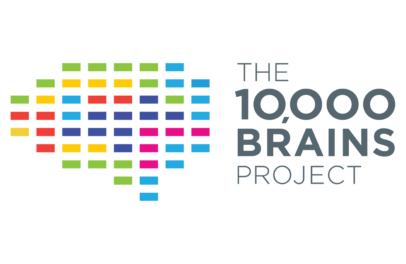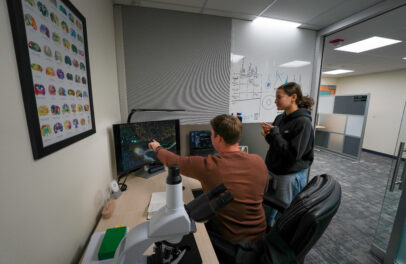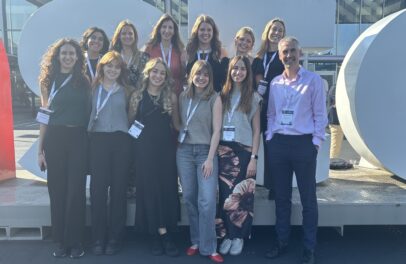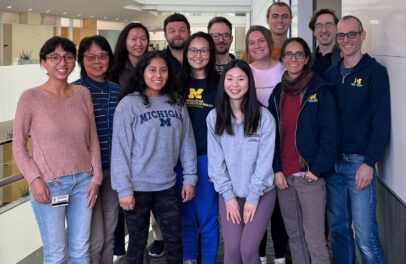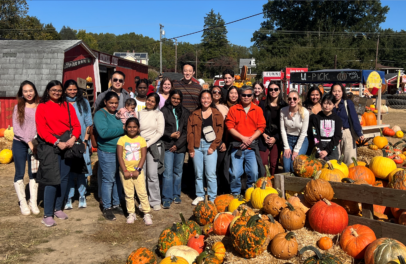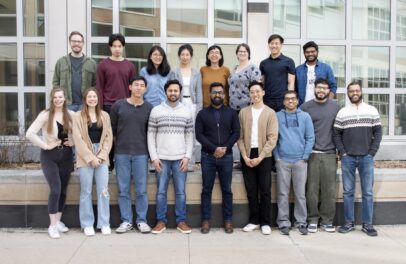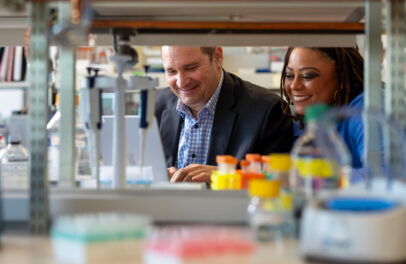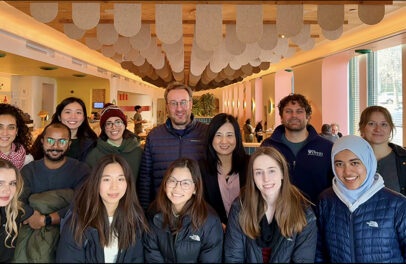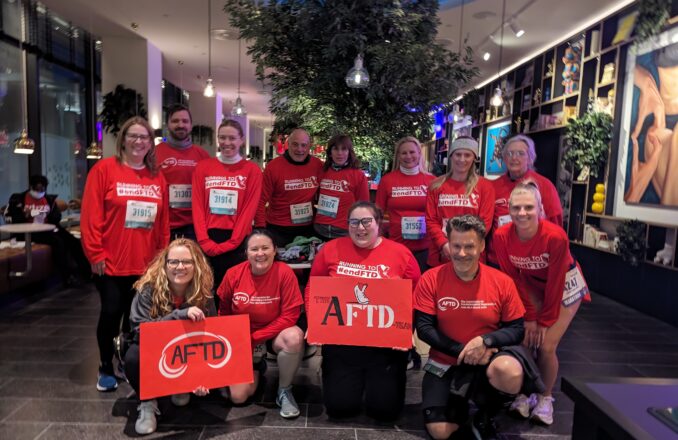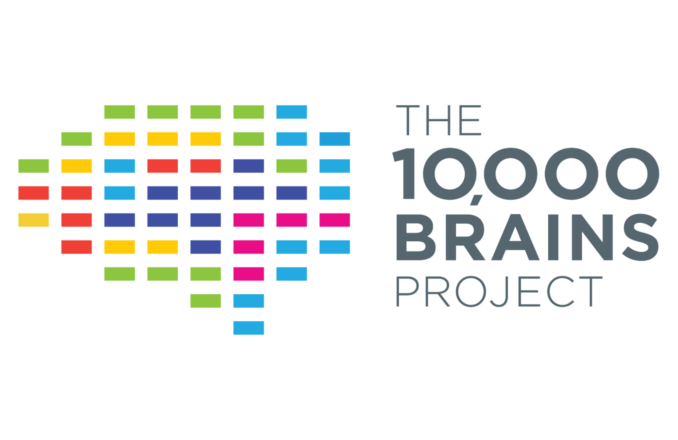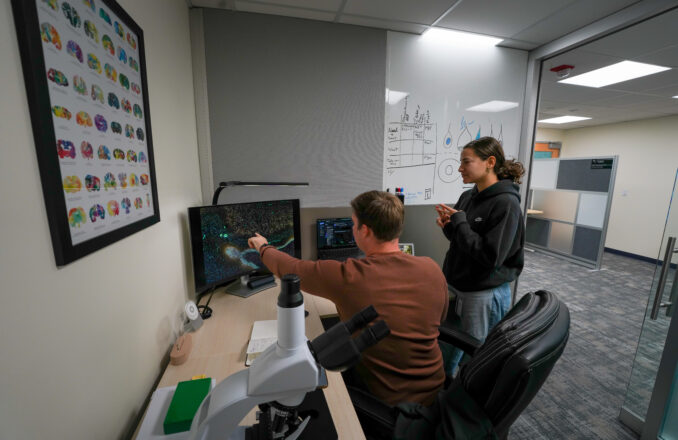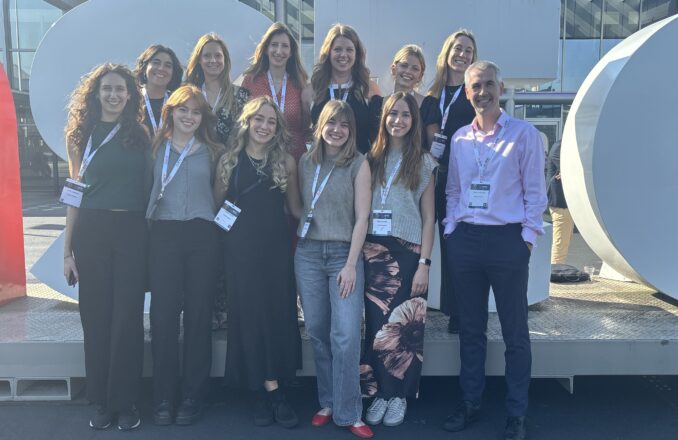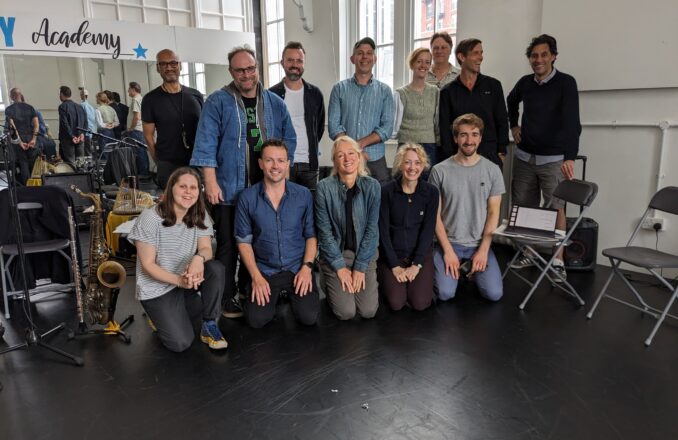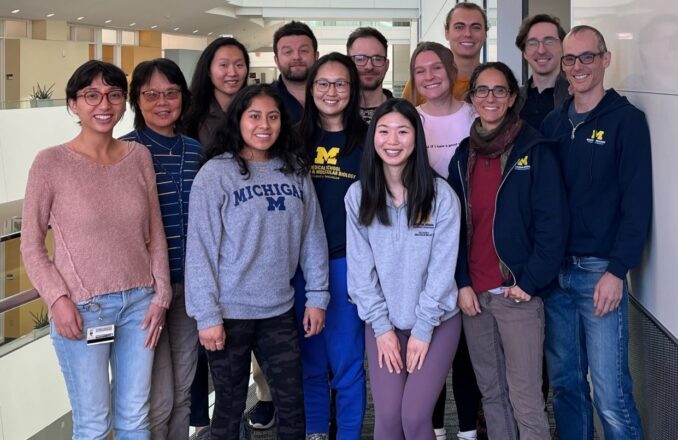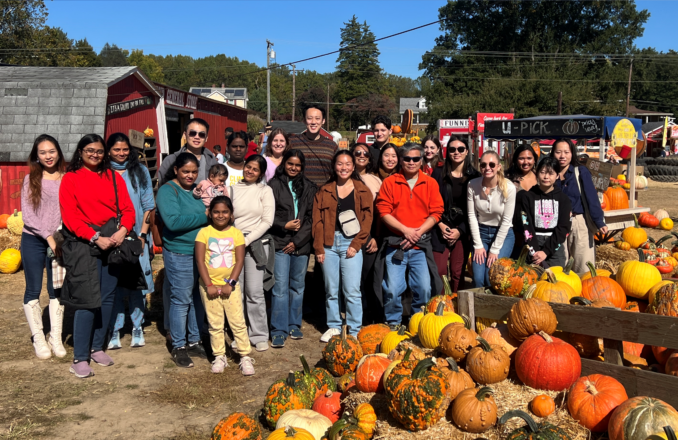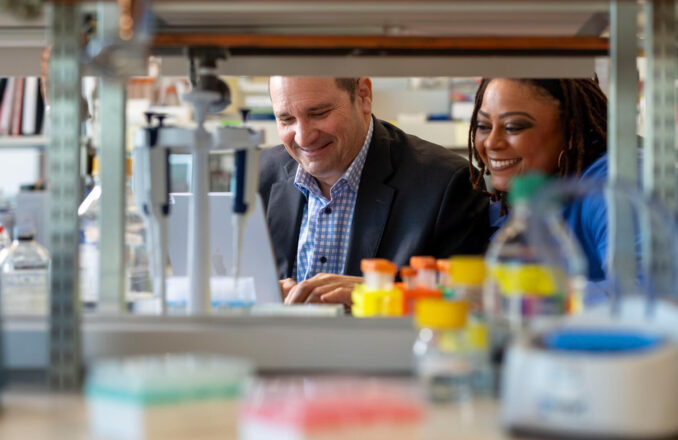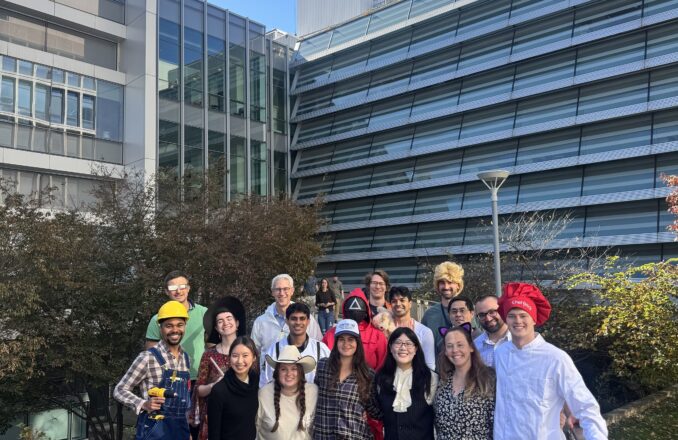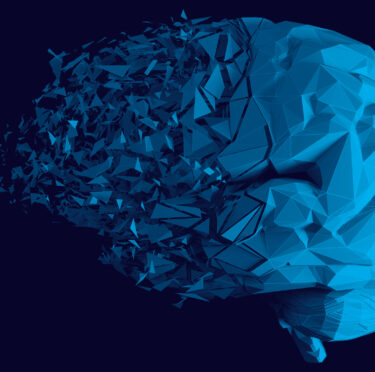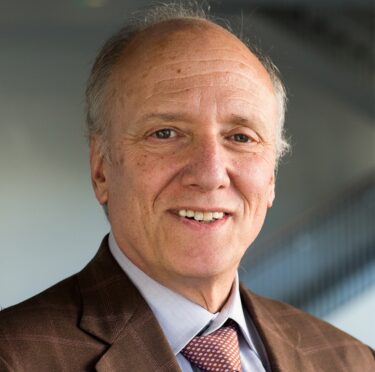Dr. Rademakers received her BSc degree in Biology in 1997 and MSc degree in Biochemistry in 1999 from the University of Antwerp, Belgium. In 2004, she received a PhD degree from the University of Antwerp where she continued her postdoctoral studies before moving to the Mayo Clinic in Jacksonville, Florida in 2005. Since 2007 she was a faculty member at the Neuroscience Department of the Mayo Clinic Jacksonville, Florida, USA, where she became full Professor in 2014. As of 2019, Dr. Rademakers returned to Belgium where she is currently Scientific Director of the VIB-UA Center for Molecular Neurology and full Professor in the Department of Biomedical Sciences at the University of Antwerp.
Her research is focused on the molecular genetics analyses of neurodegenerative diseases, with a special interest in frontotemporal dementia (FTD), amyotrophic lateral sclerosis (ALS) and early-onset Alzheimer’s Disease (AD). Her laboratory has been at the forefront of neurodegenerative disease research since playing a critical role in the discovery of progranulin (GRN) as the first causal gene implicated in FTD. Importantly, in 2011, her laboratory made the discovery that C9ORF72 repeat expansions were the long sought-after cause of ALS and FTD linked to chromosome 9p. Over the last decade her work has expanded into population-based studies to identify FTD genetic risk and modifier factors, including the generation and analyses of whole genome sequences.
Dr. Rademakers has published over 400 peer‐reviewed original articles and reviews. For her work, she has received the Paolo Gontijo Medicine Award and the Sheila Essey Award for ALS Research from the ALS Association in partnership with the American Academy of Neurology. She is also the recipient of the 2016 Potamkin Prize for Research in Pick’s, Alzheimer’s and Related Disorders of the American Academy of Neurology.

